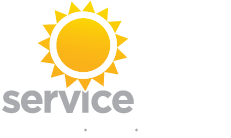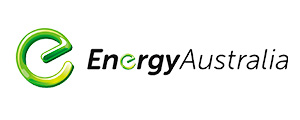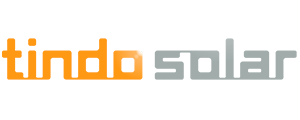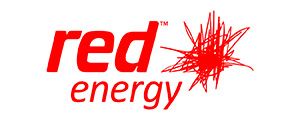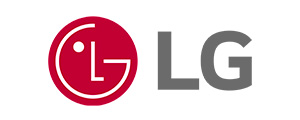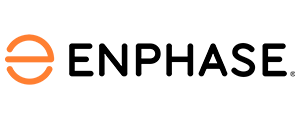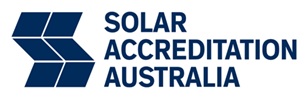7 Reasons Why Regular Solar Health Checks Are Critical for System Performance
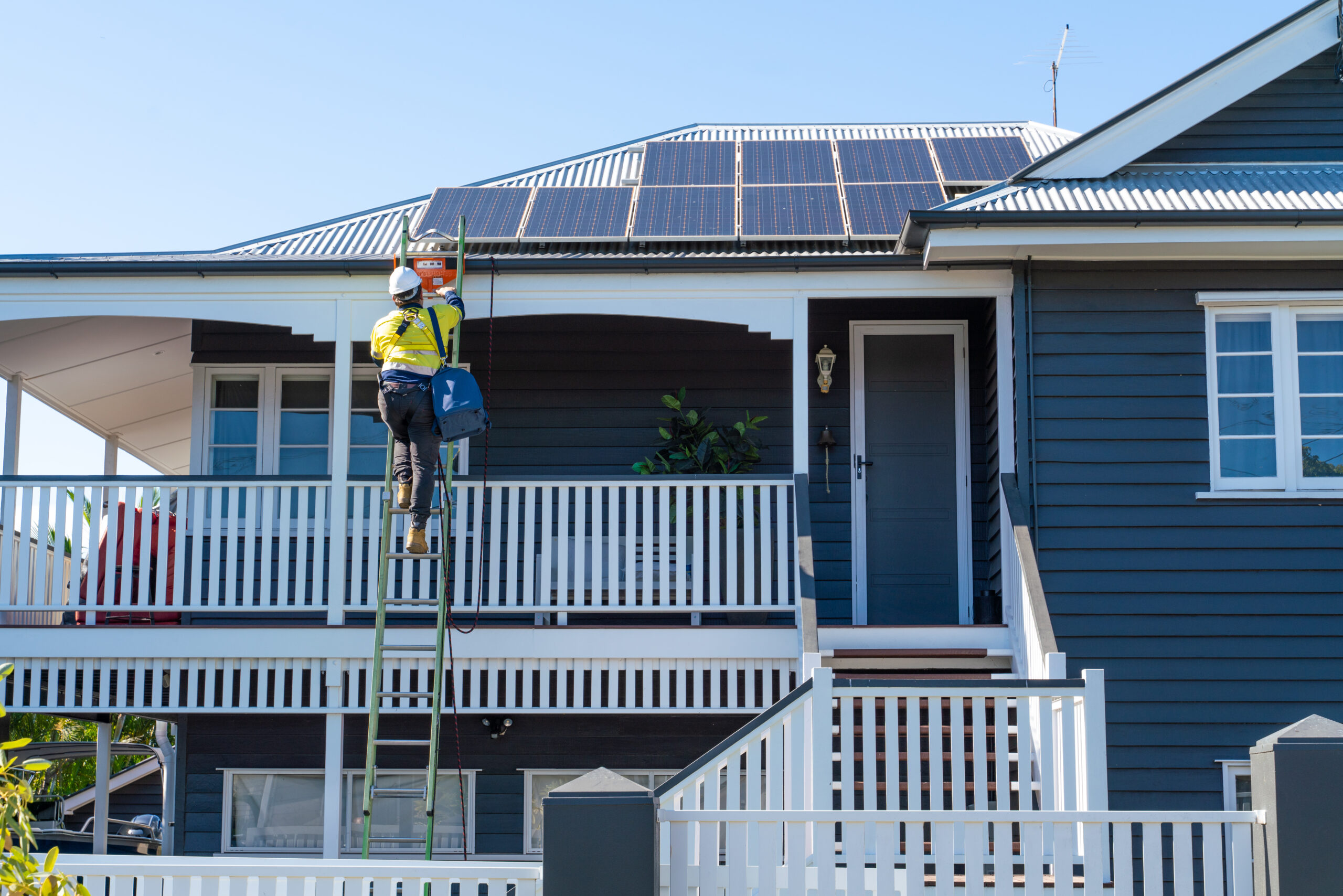
Maintaining solar power systems is crucial for ensuring their optimal performance and longevity. Regular solar health checks are essential in identifying potential issues before they escalate, thereby safeguarding your investment and maximizing energy output.
A solar panel health check typically involves a thorough inspection of various components, including panels, inverters, wiring, and batteries. These checks can be conducted through basic visual inspections or more comprehensive professional audits, depending on the system’s requirements.
Understanding the significance of regular solar health checks will help you appreciate their role in enhancing system performance. Here are seven critical reasons why these checks are indispensable:
- Maximize Energy Efficiency and Output
- Extend System Lifespan
- Prevent Costly Repairs Through Early Fault Detection
- Ensure Electrical Safety and Compliance
- Maintain Optimal Battery and Inverter Performance
- Reduce Electricity Bills by Optimizing System Performance
- Increase Property Value Through Well-Maintained Solar Systems
What Are Solar Health Checks?
A solar health check is a comprehensive evaluation of your solar power system to ensure it operates at its best. This assessment involves a detailed inspection of various components, including:
- Solar Panels: Checking for cleanliness, physical damage, and proper alignment.
- Inverters: Ensuring they are functioning correctly and monitoring for error messages or faults.
- Wiring: Inspecting for any signs of wear, tear, or corrosion that could affect performance and safety.
- Batteries: Testing charge capacity and identifying any potential issues.
There are two main approaches to conducting a solar health check:
- Professional Audits: These are thorough inspections carried out by licensed technicians who use advanced tools and methods to diagnose and address potential problems. Professional audits include performance audits, compliance checks, and detailed reporting on the overall health of your system.
- Basic Visual Inspections: Homeowners can perform these checks regularly to identify obvious issues such as dirt on panels or visible damage to wiring. While not as comprehensive as professional audits, visual inspections can help catch minor problems early.
Regular solar panel inspections and inverter maintenance are essential for maximizing your system’s efficiency and lifespan. Whether through professional services or basic visual checks, maintaining the integrity of each component ensures you get the most out of your solar investment.
1. Maximize Energy Efficiency and Output
Ensuring your solar panels are clean and properly aligned is crucial to maximize solar output. Dust, dirt, and debris can accumulate on the panels, obstructing sunlight and reducing their efficiency. Regular inspections will help keep the panels spotless, allowing them to absorb as much sunlight as possible.
Proper alignment of solar panels is another key factor for optimal energy generation. Panels that are not correctly angled towards the sun may not capture sufficient sunlight throughout the day. During a health check, technicians ensure that your panels are positioned for maximum exposure, taking into account seasonal variations in the sun’s path.
Identifying shading issues from trees or structures is also vital. As trees grow or new buildings emerge, they can cast shadows on your solar panels, significantly impacting their performance. Regular checks help detect such issues early so you can take corrective actions like trimming branches or adjusting panel placement.
Monitoring energy production to detect drops in efficiency is essential for maintaining peak performance. By tracking energy output trends, you can quickly identify when your system isn’t producing as expected. This proactive approach allows you to address any inefficiencies promptly, ensuring consistent and reliable energy generation from your solar system.
Regular health checks not only maximize solar output but also contribute to the overall efficiency and longevity of your solar power system. It’s important to note that how much energy a solar panel produces can vary based on these factors. Therefore, implementing solar performance monitoring best practices during these inspections can provide valuable insights into your system’s performance and areas for improvement.
2. Extend System Lifespan
Thorough solar health checks are essential for system longevity. Preventive maintenance allows you to detect early signs of wear and tear that often go unnoticed until they escalate into major failures. Cracked junction boxes, frayed cables, or loosening panel mounts can compromise the entire installation if left unchecked.
Routine servicing ensures that:
- Panel Mounts and Connections Remain Secure: Extreme weather, wind, or even routine vibrations can loosen fixings and brackets over time. Technicians inspect mounting hardware and reinforce connections, preventing the risk of panels shifting, detaching, or suffering physical stress.
- Wiring and Seals Stay Intact: Moisture ingress due to degraded seals or exposed wiring is a leading cause of electrical faults in solar systems. Early identification and replacement of worn-out components maintain the integrity of the system.
- Mechanical Components Receive Timely Attention: Hinges on tracking mounts (for those with adjustable systems) or protection for inverter housings require regular checks to avoid corrosion and mechanical failure.
Investing in regular inspections translates directly into more durable solar panels and a robust support structure. The Importance of Solar Health Checks is clear: proactive care reduces the risk of sudden breakdowns, extends equipment lifespan, and helps you get the maximum return from your renewable energy investment. This preventive approach is especially critical for households relying on their solar array as a primary power source.
Moreover, it’s crucial to understand that these health checks not only extend the lifespan of your system but also enhance its efficiency. Regular maintenance can lead to an increase in the overall performance of your solar panels by ensuring they operate at their optimal levels. This is particularly important considering the substantial investment made in solar technology, which is expected to yield returns over many years. By implementing a rigorous maintenance schedule as part of your overall strategy, you can significantly improve both the longevity and efficiency of your solar system, ultimately maximizing your investment in renewable energy.
3. Prevent Costly Repairs Through Early Fault Detection
Spotting problems early stands between you and a hefty repair bill. Solar health checks rely on fault diagnosis to detect issues long before they turn into critical failures. This process focuses on hidden faults detection—the kinds of problems you won’t see from the ground but can quietly undermine your system’s performance.
Common Hidden Faults in Solar Systems
Here are some common hidden faults that can affect your solar system’s performance:
- Corrosion: Moisture and weather can cause rust to form on mounting hardware, connectors, or panel frames. If left unchecked, corrosion spreads, weakening structures and disrupting electrical flow.
- Loose Fittings: Vibration, wind, or improper installation can loosen bolts or wiring connections over time. Tightening these before they fail prevents arcing, system shutdowns, or even fire hazards.
- Damaged Wiring: Rodents, UV exposure, or accidental impacts may damage insulation or break wires out of sight. Early intervention keeps small electrical faults from escalating into widespread outages.
Protecting High-Value Components
Inverters and batteries are high-value components where malfunctions quickly become expensive. Regular inspection includes reviewing inverter error logs and battery health metrics to catch irregularities at the source. Identifying declining battery capacity or inverter warning codes during scheduled checks gives you time for proactive repairs instead of scrambling during a failure.
Cost Savings from Scheduled Health Checks
Scheduled health checks deliver cost savings by slashing the likelihood of emergency callouts and major replacements. Issues detected early are simpler and cheaper to fix, protecting both your solar investment and your peace of mind.
4. Ensure Electrical Safety and Compliance
Ensuring electrical safety in your solar power system is crucial. Regular solar health checks are essential for maintaining the integrity of electrical connections and preventing potential hazards.
1. Checking wiring integrity
Over time, wiring can become compromised due to environmental factors or wear and tear. Technicians inspect the wiring for signs of corrosion, fraying, or loose connections that could lead to fire hazards or electric shocks. Identifying and rectifying these issues promptly ensures the safety of your home and loved ones.
2. Compliance with local regulations
Solar systems must adhere to local electrical regulations and licensing requirements. Professional health checks ensure your system is compliant, which is crucial for both safety and insurance purposes. Non-compliance could result in hefty fines or even invalidate your home insurance policy.
3. Role of qualified technicians
Only qualified technicians should perform safety inspections on solar systems. These experts possess the necessary knowledge and certification to evaluate the system thoroughly. They use specialized tools to detect issues that might not be visible during a basic visual inspection. Their expertise ensures that all components meet industry standards for electrical safety.
Regular inspections safeguard against potential dangers while ensuring your system operates within legal parameters. This proactive approach protects both your investment and your household, making it an essential aspect of solar system maintenance.
5. Maintain Optimal Battery and Inverter Performance
Proper system functionality relies heavily on the health of both batteries and inverters. Regular battery health checks are crucial for assessing charge capacity and identifying faults before they become critical. Without routine inspection, batteries can lose efficiency or experience unexpected failures, directly affecting your ability to store and use solar energy when you need it most.
Routine inverter diagnostics during solar health checks catch error messages early and verify operational status. Inverters convert the DC electricity from your panels into usable AC power—any malfunction here disrupts the entire system. Technicians use specialized tools and software to:
- Monitor inverter logs for historical or intermittent faults
- Check real-time performance metrics to ensure stable operation
- Identify temperature issues or component degradation that can impact long-term reliability
Battery and inverter performance checks support an uninterrupted power supply, especially important for homes using hybrid solar systems or off-grid solutions. Detecting voltage drops, abnormal cycling, or communication failures means issues get fixed before they interrupt your daily routine.
A robust schedule of solar health checks ensures batteries maintain optimal storage capability and inverters operate at peak efficiency. This attention to critical components preserves system output, reduces downtime, and helps avoid costly replacements—underscoring why proactive maintenance is not optional but essential.
6. Reduce Electricity Bills by Optimizing System Performance
Efficient systems can significantly lower your reliance on grid power, thereby reducing electricity costs associated with solar systems. When your solar panels are clean and calibrated correctly, they can capture maximum sunlight, which translates into more energy produced and less need to draw from the grid.
The Importance of Clean Panels
Clean panels play a crucial role in energy savings. Dust, debris, and bird droppings can obstruct sunlight, reducing the panel’s efficiency. Regular cleaning ensures that nothing impedes the sunlight absorption, maintaining optimal energy production.
The Significance of Proper Calibration
Proper calibration is equally important. Misaligned panels or faulty components can result in underperformance. Routine checks ensure that your system is correctly set up to harness as much solar energy as possible.
Leveraging Real-time Monitoring Tools
Real-time monitoring tools offer valuable insights into your system’s performance. These tools help track energy production and usage patterns, highlighting areas for improvement. For instance:
- Energy production tracking: Identifies periods of low output and potential causes.
- Usage pattern analysis: Helps optimize when and how you use stored solar energy.
- Error detection: Alerts you to issues requiring immediate attention.
This ongoing data collection supports proactive maintenance decisions, ensuring your system operates at peak efficiency and continues to reduce electricity costs effectively.
7. Increase Property Value Through Well-Maintained Solar Systems
Investing in well-maintained solar panels can significantly enhance your property’s value. Prospective buyers are often attracted to homes with documented maintenance records, as they indicate a commitment to upkeep and long-term sustainability.
Key benefits include:
- Enhanced Reliability and Lifespan: A solar system with regular health checks is less likely to encounter unexpected failures, boosting its reliability. This extended lifespan becomes a valuable selling point, ensuring buyers that their investment is protected.
- Proactive Care Demonstration: Showcasing a proactive approach to maintaining your solar system demonstrates responsibility and foresight to potential buyers. This can make your property stand out in a competitive market.
- Higher Resale Value: Homes equipped with efficient and well-maintained solar systems often command higher resale values. Buyers recognize the savings on electricity bills and the reduced maintenance costs, making it a more attractive purchase.
By consistently investing in the upkeep of your solar system, you not only enjoy immediate benefits but also ensure long-term returns on your property value.
How Professional Solar Health Check Services Work
Engaging professional solar service guys Australia brings a standard of expertise and reliability that’s difficult to match with DIY checks. Here’s what you can expect from a typical comprehensive audit Australia-wide:
1. Visual Inspections
Trained technicians examine every panel for physical damage, soiling, or misalignment. They also inspect mounting hardware and racking for security and stability.
2. Performance Audits
Detailed reviews of energy output and system logs reveal inefficiencies or drops in performance. Technicians use specialized tools to measure voltage, current, and resistance, identifying issues invisible to the naked eye.
3. Component Checks
All major elements—panels, inverters, batteries, and wiring—are tested for wear, corrosion, loose connections, or signs of overheating. Battery health is evaluated for charge capacity and safety.
4. Safety & Compliance Review
Licensed professionals verify that your installation meets local regulations and electrical codes, reducing fire risk while protecting your warranty.
5. Nationwide Coverage
With experts available across all Australian states and territories, consistent service quality is ensured whether you’re in a capital city or rural area.
Choosing licensed professionals means access to advanced diagnostic equipment, up-to-date compliance knowledge, and thorough documentation. Regular professional audits are the backbone of maintaining peak system efficiency. The importance of solar health checks lies in their ability to protect your investment, avoid unexpected costs, and keep your solar power system running safely year-round.

